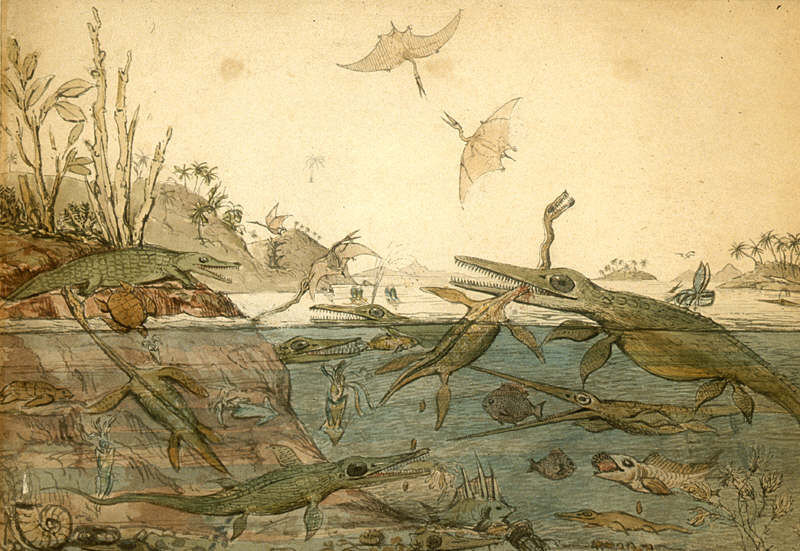
Monday, June 12, 5.30-7.00pm
Adam House, Chambers Street, Edinburgh
Where are your monuments, your battles, martyrs?
Where is your tribal memory? Sirs,
in that grey vault. The sea. The sea
has locked them up. The sea is History.
-Derek Walcott, “The Sea is History,” (1979)
Looking across its restless surface and smelling the salt spray, an observer can imagine that past generations of seafarers or coastal dwellers witnessed the same ocean. Ships, breeching whales and even storms leave no tracks. Differences under the surface are not apparent. Yet the ocean is no less susceptible to change than is the land. Just as the history of the land is inextricably intertwined with people, so too is the ocean’s history, however hidden that history and however absent people have seemed from the sea itself. The perception of the ocean as timeless is as much a product of history as other cultural, political, or economic changes resulting from the mutual relationship between people and ocean. Yet the fundamental quandary of the sea’s apparent timelessness makes it difficult for us to accept the unfamiliar view of the ocean as a place of dynamic change. Recent scholarship in the natural sciences and archaeology, among others, has laid a promising foundation, revealing the underappreciated importance of the ocean and its depths in both the past and the present. The humanities remind us that we know the ocean as much through imagination as through the knowledge systems of those who worked, or work, at sea. The opacity of the ocean guarantees that we see reflected back from its surface our fears and desires. Human motives, then, matter as much as biological interactions or chemical reactions. While present issues may seem to call for scientific and technological solutions, there remains a central and critical role for the humanities. Our understanding of the past will be revolutionized by an oceanic perspective. And our future may depend on acknowledging the ocean as part of – not outside of – history.
Book your tickets at: https://oceantimehumantime.eventbrite.com


